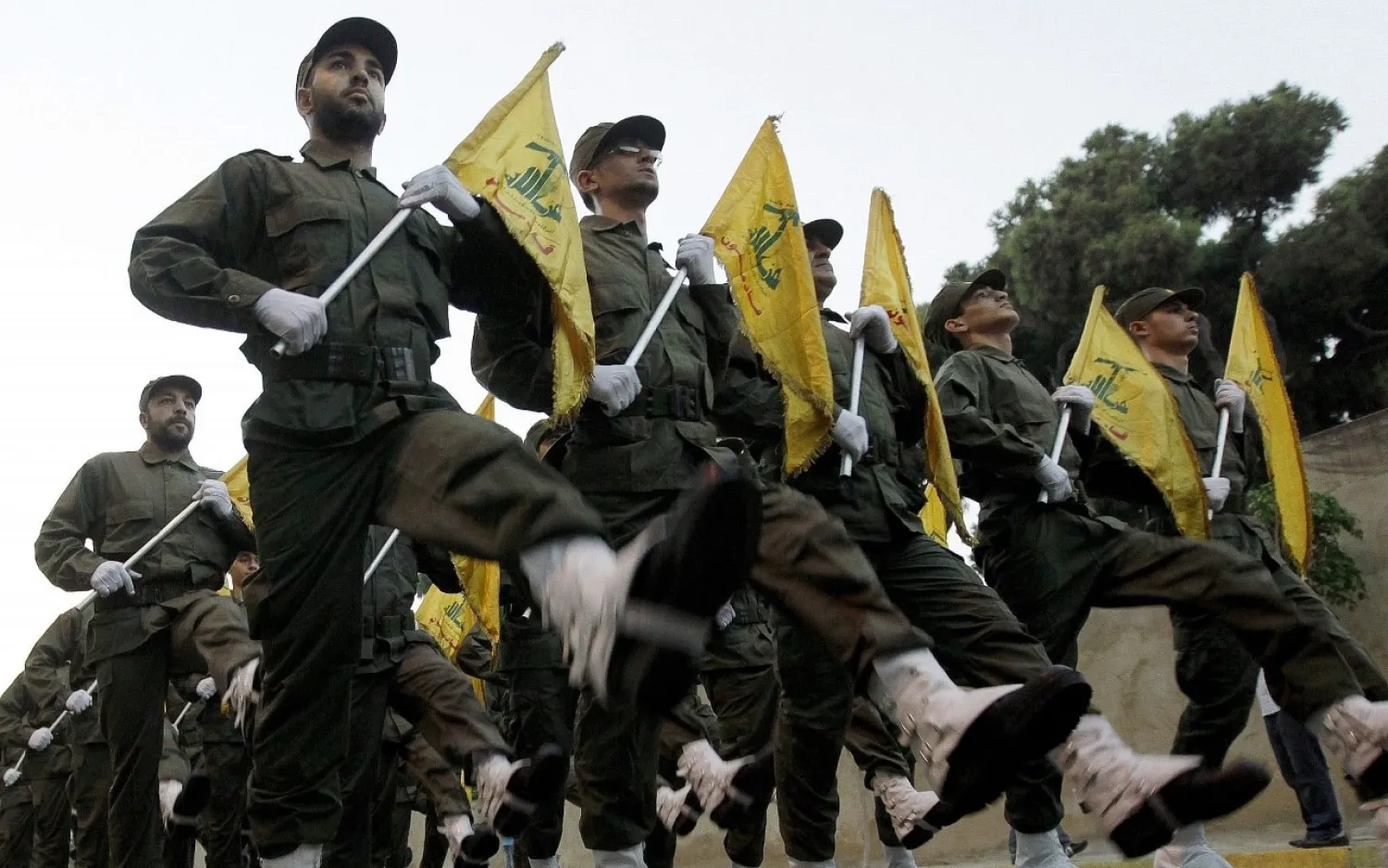Five months after Germany’s Bundestag rejected a bill to outlaw the Lebanese Hezbollah in the federal republic, the government is now heading to fully ban the activities of the Iranian-backed group on its soil.
German news magazine Der Spiegel reported Thursday that the foreign, interior and justice ministries in Berlin had agreed to move towards outlawing Hezbollah.
It said that the decision was to be announced at the German interior ministers' meeting next week.
The German government and the European Union only consider Hezbollah’s so-called military wing as a terrorist entity.
Hezbollah’s political wing operates in Germany by raising funds, recruiting new members and spreading its ideology.
According to Der Spiegel, the government decision would ban all Hezbollah activities on German soil, including the waving of its yellow flag, which has been shown during pro-Iranian and anti-Israeli demonstrations in Berlin.
Every year on Al-Quds Day, Hezbollah stages an anti-Israeli rally in Berlin during which protesters raise the yellow flag.
According to intelligence estimates, there are about 1,000 Hezbollah members and supporters in Germany alone.
There are concerns in Germany that Hezbollah supporters are sending money to Lebanon to finance the organization’s activities.
Der Speigel said Germany has granted the attorney general “more powers” to investigate Hezbollah-related activities without having to ask the justice ministry for permission each time.
When contacted by Asharq Al-Awsat, the three concerned German ministries refused to comment on the newspaper report.
“So far, there is no official decision taken in that regard,” the interior ministry responded.
However, Mustafa Ammar, a candidate for the Christian Democratic Union (CDU) of Germany for the 2021 elections, confirmed to Asharq Al-Awsat that secret talks took place during a congress held by the CDU last week in the city of Leipzig over the means to limit anti-Semitism in Germany, especially in schools.
“One of the measures included the total banning of Hezbollah and its activities,” Ammar said.









